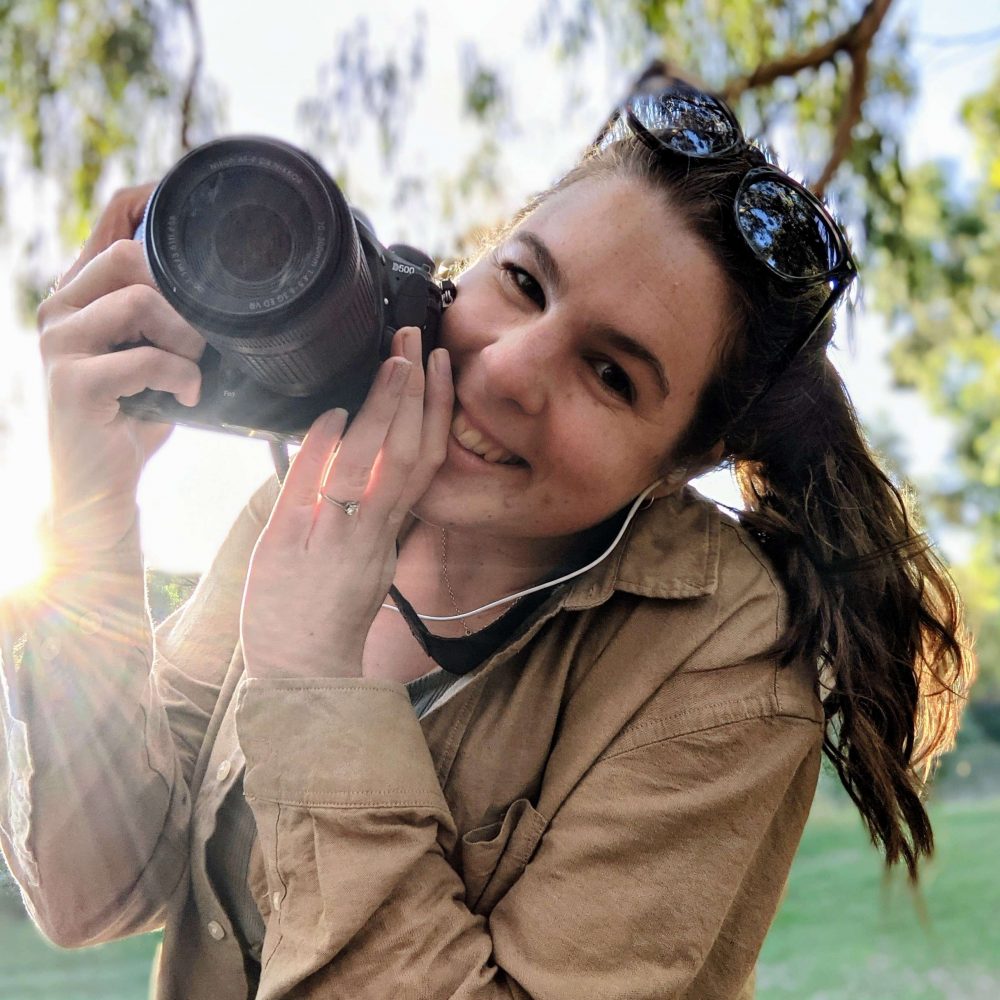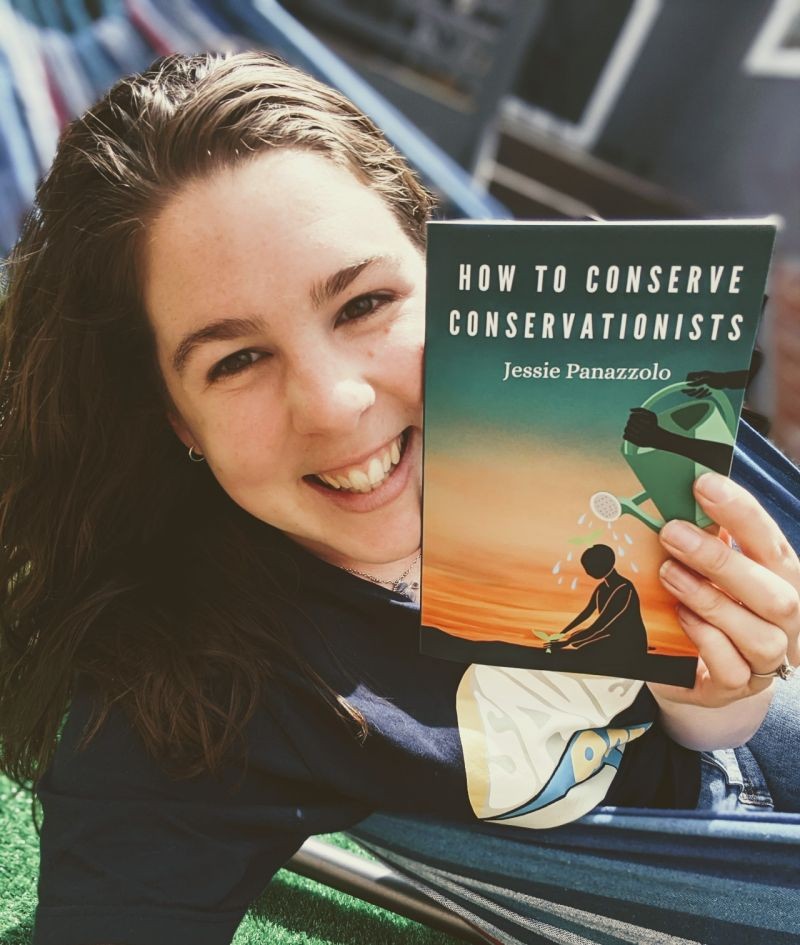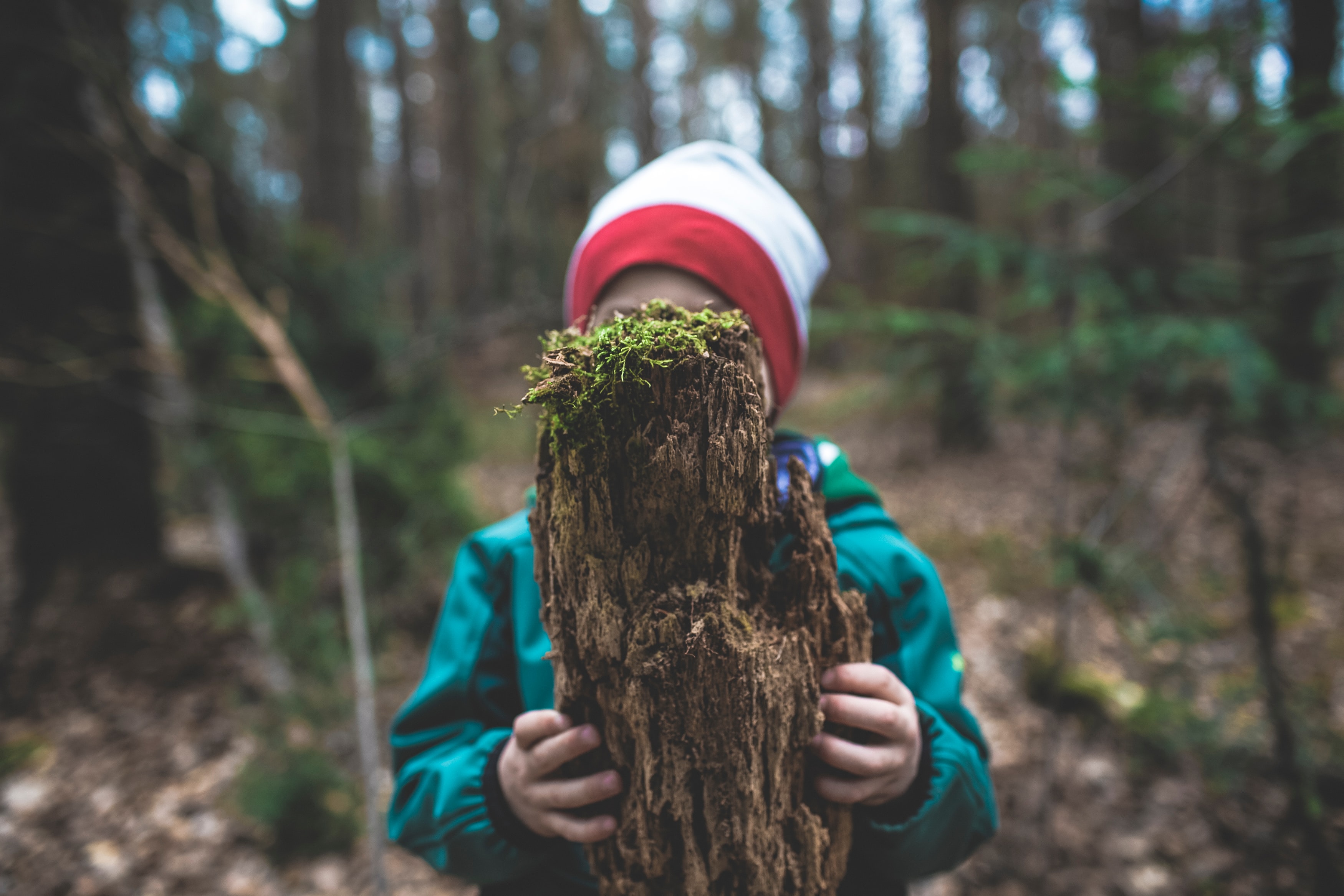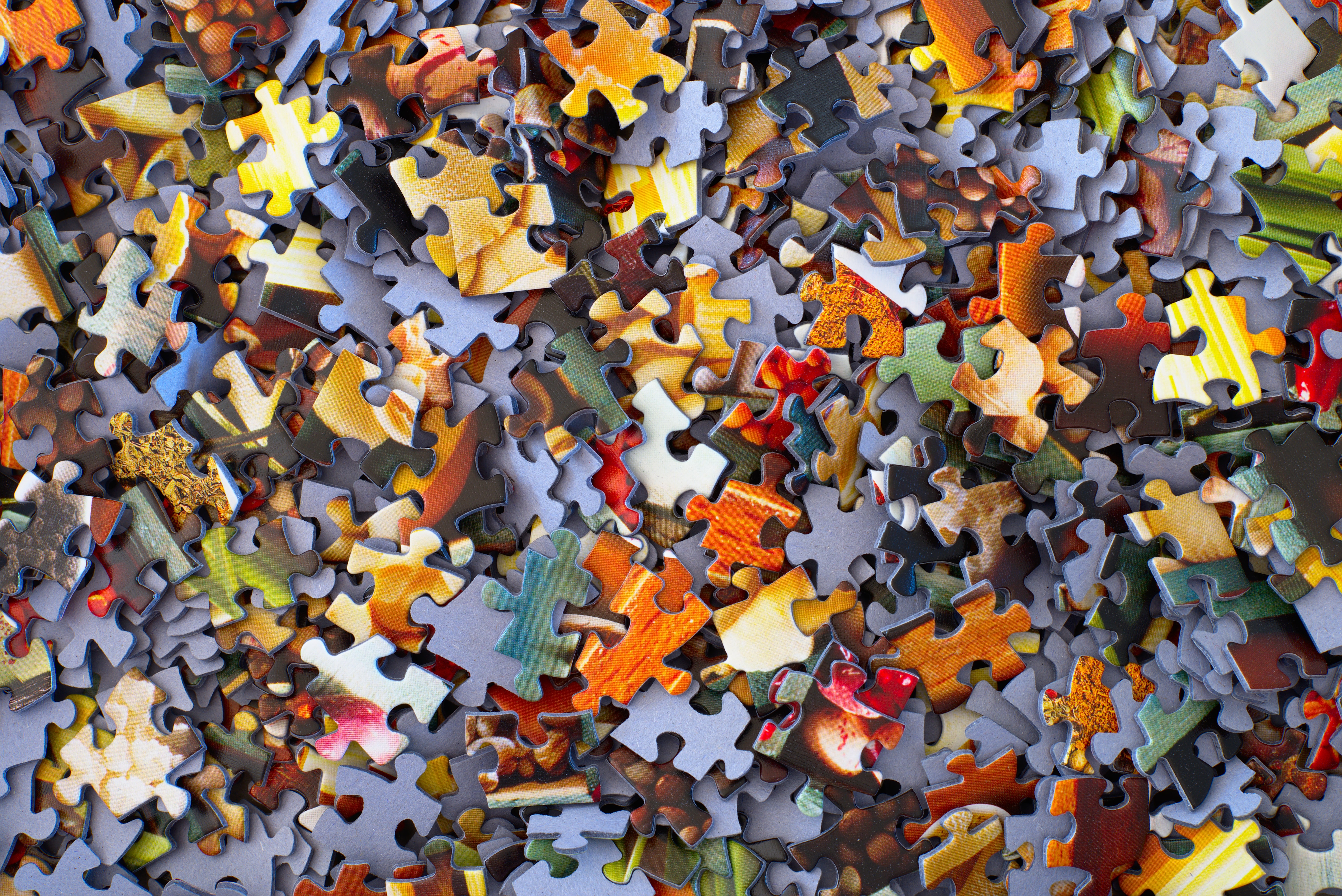
The WildHub Conservation Catalyst interviews continue! This time, I've snagged some time with Jessie Panazzolo: Melbourne, Australia Bush Kindy Facilitator and founder of the online conservation connection platform, Lonely Conservationists. We covered what led to the creation of Lonely Conservationists, mental health, and effectively teaching kids about the great Outdoors. Let's dive in.
Like so many of us, Jessie became passionate about Nature at a young age - she specifically noted her 5-year-old self's determination to save the orangutans. Her childhood passions led her to teach sustainability excursions for primary and high school students, as well as pursuing an Honors degree based in Sumatra in her early 20s. Echoing the discussion about parachute science I shared with Elizabeth Stephenson from my first Conservation Catalyst interview, Jessie felt a strangeness doing what so many young conservationists believe we should be doing at some point: traveling to another place in the world, spending a limited time trying to save some aspect of the environment, and then returning home having checked that off our career list. Jessie realized how ineffective and unsustainable that practice is for the success of those local communities and their local conservation initiatives – it was time to do a lot of unlearning.

Photo by Jessie Panazzolo on https://lonelyconservationists.com/user/panaje/
Jessie threw herself into volunteering at a conservation-oriented company she wanted to work for in hopes of transitioning to employment, but that wasn't materializing. The idea of transforming volunteering into a paid position perpetuates the conservation industry, but it oftentimes doesn't happen because there is an abundance of folks who will do that unpaid labor anyways. Feeling like she wasn't moving forward volunteering and that she was doing it all wrong, Jessie founded an online platform that connected fellow conservationists all around the globe to share their experiences, their failures, and to just not feel so alone. Jessie knew that when her mental health and personal confidence had taken a hit, she needed connection and community. Aptly named, Lonely Conservationists was born and is now 5.5 thousand members strong!
After having broken out of the isolating feeling that she and only she had failed, Jessie shared that she has been able to advocate for herself, her skills, and her valuable experiences moving forward. When considering the future of Lonely Conservationists, Jessie has used a mentorship program to fully realize she is legitimate project manager and that she has the definite capability to get paid to do the kind of work she pours into her online platform - she has even created a program to teach conservation organizations how to properly treat and support their employees and volunteers. With her "How to Conserve Conservationists" book already under her belt, another publication is in the works that compiles Lonely Conservationists members' blog posts about their experiences. Jessie's overall goal is to focus on the platform community, secure supportive funding, and make the platform's management more personally sustainable.

Photo by Jessie Panazzolo on https://wildhub.community/posts/how-to-conserve-conservationists
Outside of Lonely Conservationists, Jessie is a Bush Kindy Facilitator. Her work focuses on providing a child-led and sensory-rich outdoor education experience designed to promote curiosity, imagination, and creativity. All of these skills go into building and enhancing childhood intellectual, social, and physical development. The cherry on top is Jessie's emphasis on sustainability and connection to the Australian land and its history.
For Jessie, and especially after realizing parachute science wasn't for her, teaching local kids about the environment feels like a dream job. She has always integrated information sharing into her work, be that via informal presentations or at conferences. She is passionate about continually learning, reading, and educating folks in ways that they are particularly receptive to. Like kids themselves, Jessie prefers immersive education that incorporates all the senses in taking in and processing information.

Photo by Markus Spiske on Unsplash
One thing she especially appreciates about Bush Kindy is the ability to make conservation topics relatable. For example, not all kids come from a background or home environment that emphasizes conservation, but most Australian kids do know about one thing ... camping. If a discussion about climate change and general wildfire risk is too unrelatable for kids, incorporating concepts like safe campfire practices and identifying vegetation conditions with high fire risk can make kids feel more connected to big concepts.
When asked what was the key ingredient to effectively teaching kids about the environment, or about any topic really, Jessie quickly answered "empathy", knowing that kids have feelings and experiences that need to be shared and understood. It helps leaps and bounds to contribute your personal perspective on topics kids are covering or activities they're doing – it makes you human and not just an authority. She added on that it is incredibly important to build relationships with your students so you're not just the sage on the stage. Instead, make yourself the guide on the side that always has a helping hand at the ready.
One of the most important things we touched on in our interview is that teachers don't need to have all the answers and it's valuable to let kids know when you made a mistake. By sharing with kids that you aren't all-knowing or all-perfect, the exploration of topics and question generation becomes organic as everyone goes on the learning journey together.
Okay, so, what about the things that haven't worked for Jessie when it comes to teaching kids? The biggest thing for her was unlearning the procedure and structure of her formal education background. For a lot of kids, rules and step-by-step instruction can feel limiting and inhibits learning. For some, it works well. It's important to realize that each kid is their own puzzle that learns in a different way. Jessie truly believes that experiential learning and free play can be both a main learning tool or a brain break – everyone benefits.

Photo by Hans-Peter Gauster on Unsplash
At the end of the day, the most important thing for any teacher is that their kids have fun, have learned something new, and that they have the tools to further explore. Hopefully, adult conservationists can do the same to make the world a better place for us all. Maybe we just need to reach out and connect to do so. Maybe we need to lean on each other to unlock our full potential.



Please sign in or register for FREE
If you are a registered user on WildHub, please sign in
Natalie, thanks for sharing a fascinating interview! It's nice to gain insight into how individuals are making a difference. I also love the photos.
Thanks so much, Lara!
"After having broken out of the isolating feeling that she and only she had failed, Jessie shared that she has been able to advocate for herself, her skills, and her valuable experiences moving forward." is a truthful and powerful quote, well done with this topic and blog Natalie and Jessie!
It really is an important step - advocating for oneself. Thanks, Carolyn!
Lovely blog and lessons learned, Natalie and Jessie! Wonderful that you two have connected over this important topic.
Wow! It's fantastic! Thanks for sharing such insightful writing.